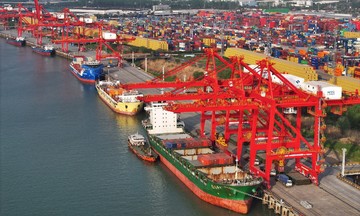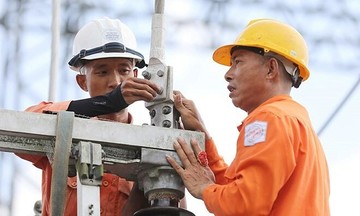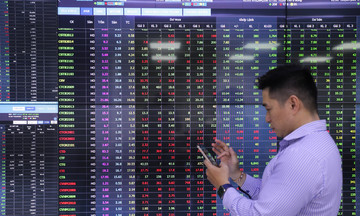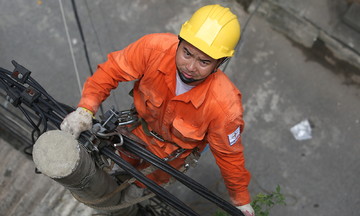"If the tariffs are revoked, we'll have to refund about 50%. This is bad for the Treasury Department," he said in an interview on NBC on 7/9. However, Bessent confirmed that if the court rules against the tariffs, he "will have to do it."
Last week, the Trump administration urged the Supreme Court to quickly overturn the Court of Appeals ruling that most of the import tariffs imposed by former President Donald Trump were illegal.
However, the Supreme Court may not issue a ruling until early next summer. "The expected tariff revenue is about 750 to 1,000 billion USD by June 2026 – when the ruling is expected. Refunding that amount will cause significant disruption," Bessent said.
This scenario of a massive government refund would also result in an unprecedented windfall for businesses and organizations that paid the tariffs.
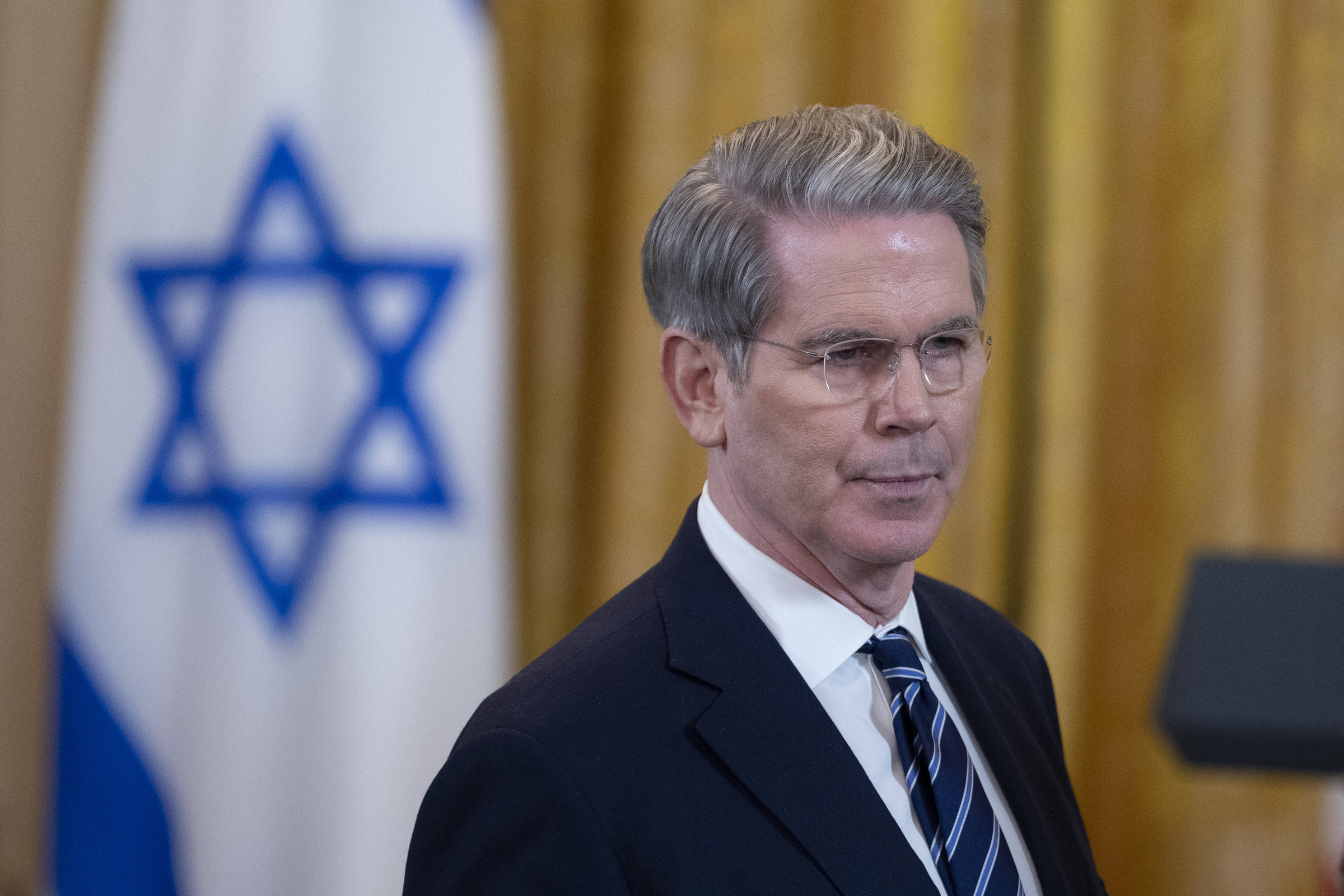 |
US Treasury Secretary Scott Bessent at the White House on 4/2. Photo: Reuters |
US Treasury Secretary Scott Bessent at the White House on 4/2. Photo: Reuters
On 29/8, the US Court of Appeals for the District of Columbia Circuit ruled that the tariffs imposed by Trump under the International Emergency Economic Powers Act (IEEPA) were unlawful. However, they allowed the tariffs to remain in place until 14/10 for the Trump administration to appeal to the Supreme Court. In May, the Court of International Trade (CIT) in Manhattan issued a similar ruling.
IEEPA was passed by Congress in 1977 under President Jimmy Carter. The act grants the president authority to regulate commerce after declaring a national emergency to deal with "any unusual and extraordinary threat, which has its source in whole or substantial part outside the United States, to the national security, foreign policy, or economy of the United States". It allows the president to "block transactions and freeze assets to address the threat" and requires reporting to Congress every six months. In the event of an attack on the US, the president can seize assets related to the nation, organization, or individual supporting the attack.
Trump was the first president to use IEEPA to impose tariffs, citing trade imbalances, declining manufacturing capacity, and the need to stem the flow of drugs across borders. In April, he declared a national emergency, citing the country's decades-long import surplus.
Trump's tariff policy currently affects nearly 70% of imports into the US, according to the Tax Foundation. If most of the tariffs are invalidated by the court rulings, this percentage would drop to 16%.
However, the US government has prepared contingency plans. On 7/9, White House Economic Advisor Kevin Hassett said there are "other provisions" they could invoke to retain the tariffs, such as Section 232 of the Trade Expansion Act of 1962. This is the provision they used to impose tariffs on most imported cars and parts, as well as all foreign-produced steel and aluminum. This section allows the president to impose tariffs "to adjust imports that threaten national security" after a trade investigation.
One type of tariff unaffected by this legal battle is the tax on low-value goods. Last month, the US officially ended de minimis tax benefits and customs inspections for imports valued at 800 USD or less.
Ha Thu (Reuters, CNBC)




